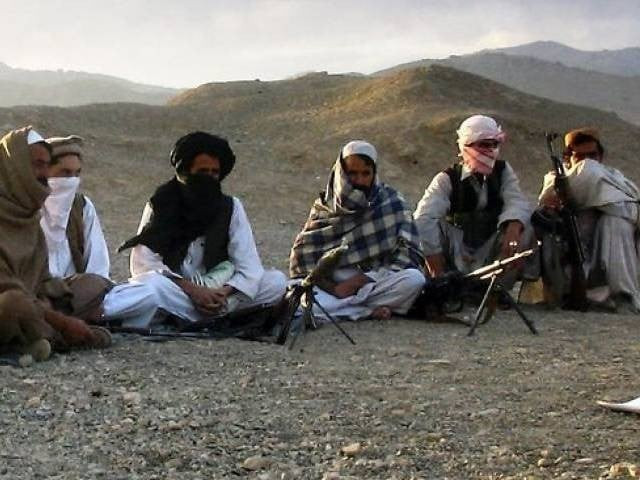Afghan Taliban delegation visits Uzbekistan to discuss peace, security
Matters of transport and power lines also come under discussion

Taliban representatives have met US officials to talk about the framework for possible peace talks and the government is considering offering a second ceasefire during the Eidul Azha holiday later this month.
PHOTO:FILE
Muhammad Sohail Shaheen, spokesperson for the Taliban's political office, said on Saturday Taliban representatives met Uzbek Foreign Minister Abdul Aziz Kamilov and Special Representative for Afghanistan Ismatulla Irgashev during the August 6-10 visit.
He said they "discussed current and future national projects such as security for railroad and power lines."
Afghan government under pressure as Taliban threaten new district
"Views were also exchanged with officials of Uzbekistan about the withdrawal of foreign forces and how to achieve peace in Afghanistan," he said.
The statement, issued as Taliban fighters were battling government forces for control of the central city of Ghazni, adds to a mixed series of signals since an unexpected three-day truce during the Eidul Fitr holiday in June.
Taliban representatives have met US officials to talk about the framework for possible peace talks and the government is considering offering a second ceasefire during the Eidul Azha holiday later this month.
But at the same time, fierce fighting has continued in different parts of Afghanistan, inflicting heavy casualties on soldiers and police and threatening the security of parliamentary elections scheduled in October.
Taliban kill 16 Afghan soldiers, kidnap engineers after ceasefire ends
The attack on Ghazni, which controls a vital highway between the capital Kabul and southern Afghanistan, has given the militants their highest profile success since they came close to taking the western city of Farah in May.
The rail and power links from Uzbekistan are vital both for cross-border trade and for maintaining Afghanistan's shaky power supplies, which are already subject to frequent blackouts.
The Taliban, fighting to topple the Western-backed government and drive out international forces, have generally refrained from sabotaging vital infrastructure and have sought to reassure neighbouring countries about their aims.
A senior Taliban official said the movement had established a political office in the Uzbek capital Tashkent aimed at developing better ties and showing that they did not intend to support local militant groups.


















COMMENTS
Comments are moderated and generally will be posted if they are on-topic and not abusive.
For more information, please see our Comments FAQ